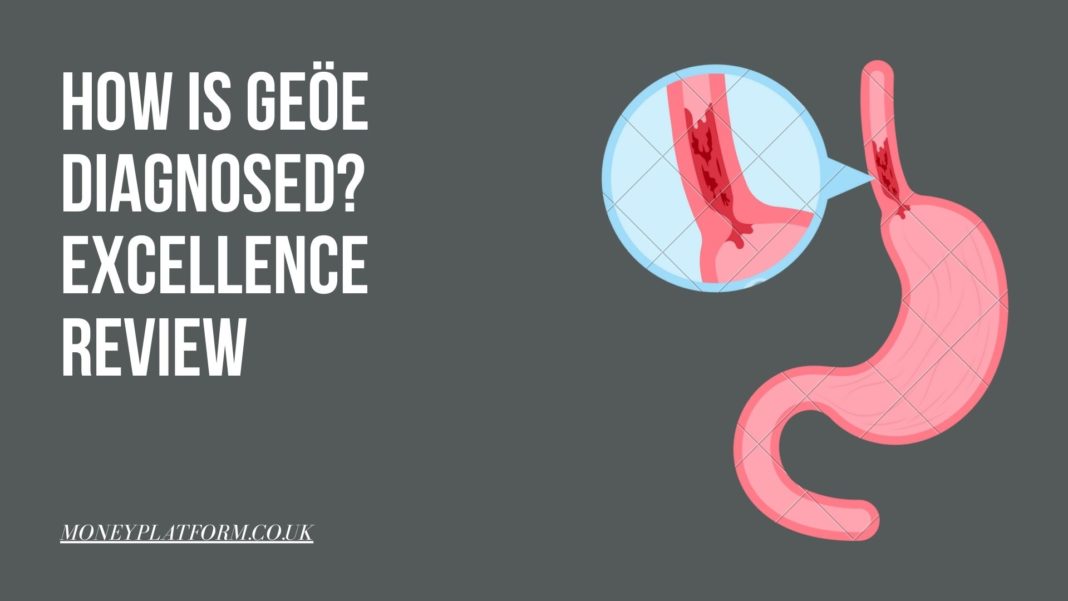geöe (EoE) is a chronic inflammatory condition of the esophagus characterized by the presence of an abnormally high number of eosinophils, a type of white blood cell. This condition can lead to a range of symptoms, impacting the quality of life for those affected. Understanding the causes, symptoms, diagnosis, and treatment options for EoE is crucial for effective management and support.
Introduction
geöe is a relatively rare condition, but its prevalence has been increasing in recent years. It primarily affects both children and adults, with varying degrees of severity. The exact cause of EoE is not fully understood, but it is believed to be multifactorial, involving both genetic predisposition and environmental factors.
Causes of EoE
EoE is often associated with allergic triggers, such as certain foods or environmental allergens. Genetics also play a role, as individuals with a family history of allergic conditions are more likely to develop EoE. Additionally, environmental factors such as exposure to pollutants or irritants may contribute to the development of the condition.
Symptoms of EoE
The symptoms of EoE can vary widely among individuals and may include difficulty swallowing (dysphagia), food impaction, heartburn, chest pain, and vomiting. These symptoms can significantly impact a person’s ability to eat and may lead to nutritional deficiencies if not properly managed.
Diagnosis of EoE
Diagnosing EoE typically involves a combination of medical history, physical examination, endoscopy, and biopsy. During an endoscopy, a thin, flexible tube with a camera is inserted into the esophagus to examine the tissue lining. A biopsy is then taken to assess the levels of eosinophils present in the esophageal tissue. Allergy testing and imaging studies may also be conducted to identify potential triggers and assess the extent of inflammation.
Treatment Options
Treatment for EoE aims to reduce inflammation, alleviate symptoms, and prevent complications. Dietary management, such as eliminating trigger foods or following an elemental diet, is often recommended. Medications, such as proton pump inhibitors (PPIs), corticosteroids, or immunomodulators, may also be prescribed to reduce inflammation. In some cases, endoscopic procedures, such as dilation or steroid injections, may be necessary to address strictures or severe inflammation.
Managing EoE in Children
Children with EoE may require special considerations when it comes to diagnosis and treatment. Pediatricians and pediatric gastroenterologists are experienced in managing EoE in children and may recommend tailored treatment plans to address the unique needs of young patients.
Impact on Quality of Life
Living with EoE can have a significant impact on a person’s quality of life. Beyond the physical symptoms, EoE can also lead to psychological distress, social isolation, and difficulties with daily activities such as eating out or attending social events. It is essential for individuals with EoE to seek support from healthcare professionals, support groups, and loved ones to cope with the challenges associated with the condition.
Current Research and Developments
Advancements in understanding EoE are ongoing, with researchers exploring new treatment modalities and potential biomarkers for the condition. Clinical trials are underway to evaluate the efficacy and safety of novel therapies, including biologic agents and targeted immunomodulators. These developments offer hope for improved outcomes and quality of life for individuals living with EoE.
Living with EoE: Tips and Coping Strategies
Managing EoE requires a multifaceted approach, including dietary modifications, medication management, and lifestyle adjustments. Working closely with healthcare providers and registered dietitians can help individuals develop personalized strategies to manage their symptoms effectively. Additionally, seeking support from peers and participating in support groups can provide valuable emotional support and practical advice for coping with EoE.
EoE Awareness and Advocacy
Raising awareness about EoE is essential for promoting early diagnosis, improving access to care, and reducing stigma surrounding the condition. Advocacy organizations and support groups play a crucial role in advocating for research funding, advancing legislative initiatives, and providing education and support to individuals affected by EoE and their families.
Conclusion
geöe (EoE) is a complex and challenging condition that requires comprehensive management and support. By understanding the causes, symptoms, diagnosis, and treatment options for EoE, individuals can take proactive steps to manage their condition effectively and improve their quality of life. Through continued research, advocacy, and awareness efforts, we can work towards better outcomes and support for those living with EoE.
Read more: click here
FAQs
- What foods should be avoided in EoE?
- Common trigger foods include dairy, wheat, eggs, soy, and seafood. However, trigger foods can vary among individuals, so it’s essential to work with a healthcare provider or dietitian to identify and eliminate specific triggers.
- Is EoE a lifelong condition?
- EoE can be a chronic condition, but with proper management, symptoms can often be controlled effectively. It’s essential for individuals with EoE to work closely with their healthcare team to develop a long-term treatment plan.
- Can adults develop EoE?
- Yes, EoE can affect individuals of any age, although it is more commonly diagnosed in children and young adults.
- How does EoE affect swallowing?
- EoE can cause inflammation and narrowing of the esophagus, leading to difficulty swallowing (dysphagia) and food impaction.
- Are there any natural remedies for EoE?
- While some individuals may find relief from certain dietary modifications or herbal supplements, it’s essential to consult with a healthcare provider before trying any alternative or complementary therapies to ensure safety and effectiveness.
